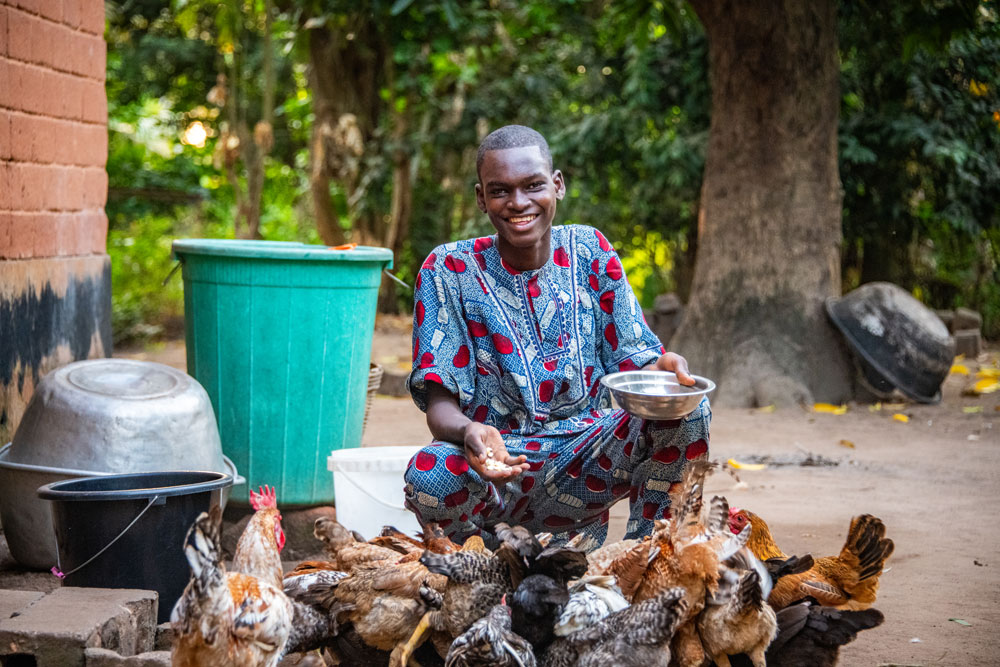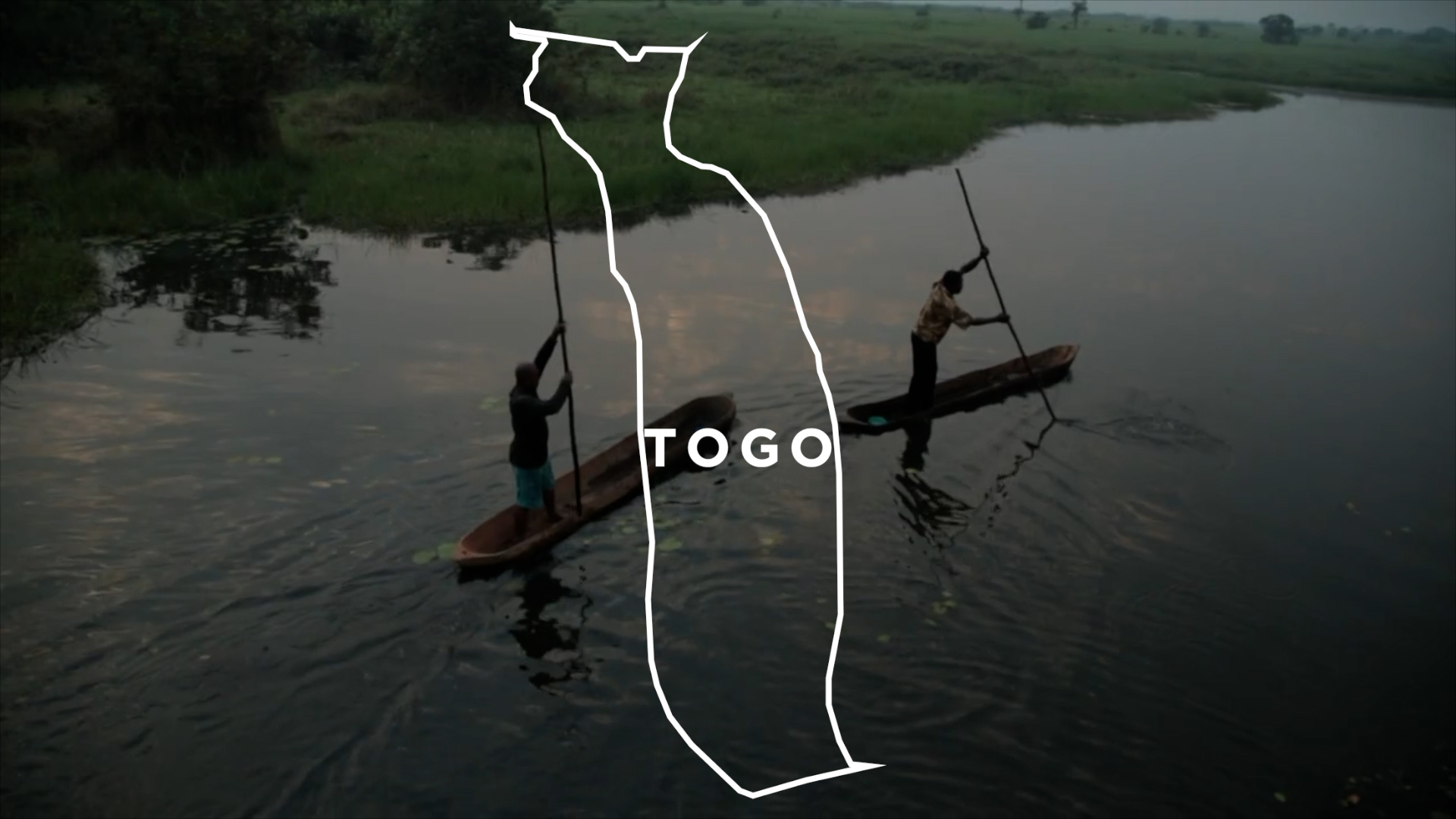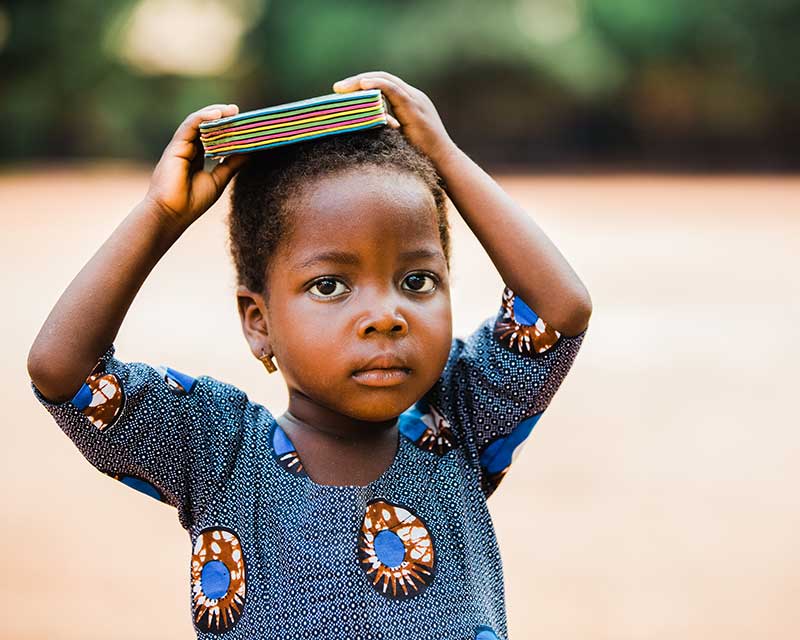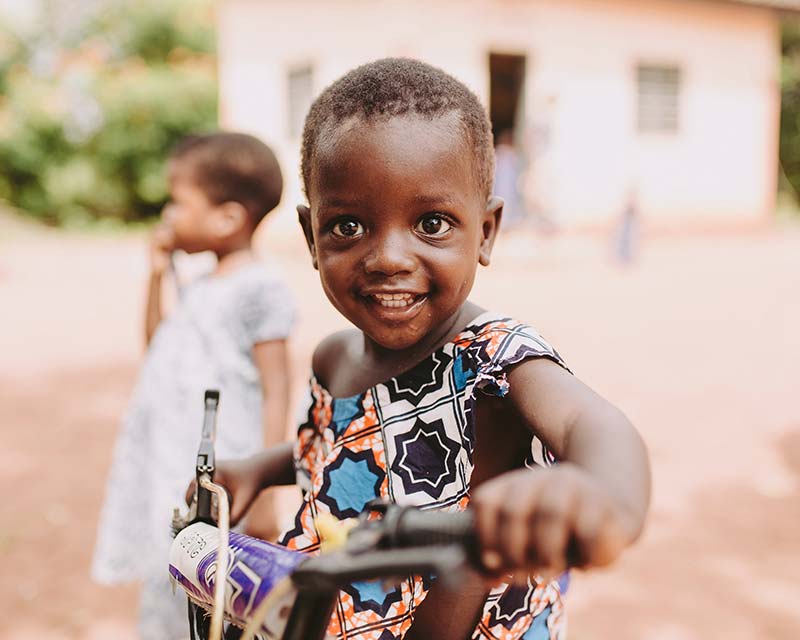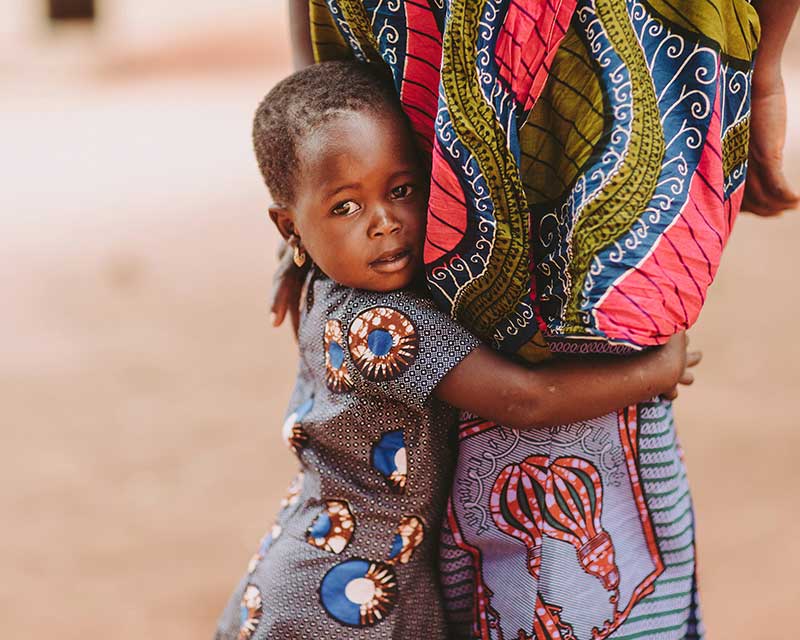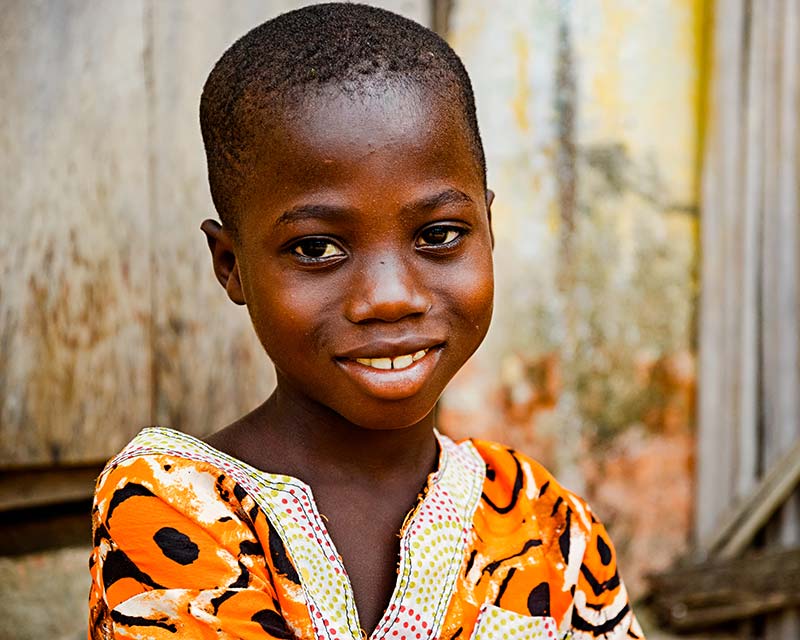The West African nation of Togo is home to beautiful beaches, sacred forest and bustling markets. The nation is prone to experiencing extreme weather events and disease epidemics, both of which have a devastating effect on livelihoods and access to food, education and healthcare.
Poverty is a huge issue throughout Togo, particularly in rural communities, and the majority of households live below the poverty line. The nation was granted independence in 1960 after decades of colonisation, first by Germany and then, following World War I, by Britain and France. Shortly after, Gnassingbé Eyadéma seized power in a bloodless coup and ruled for almost 40 years.
Throughout that time, Togo has struggled with issues of poverty. Poor sanitation facilities and a general inaccessibility to safe drinking water, along with a lack of access to good medical care, particularly in rural areas, have cost many lives and held back the nation’s development.
This has a significant impact on children. Without other options, many are forced into prostitution or child labour, which can interfere with schooling and expose children to dangerous situations. Sadly, 35.7 per cent of children between the ages of 5 and 14 are involved in child labour. Forced child labour occurs in the agricultural sector—particularly on coffee, cocoa, and cotton farms—as well as in stone and sand quarries. Children from rural areas are brought to the capital, Lomé, and forced to work as domestic servants, roadside vendors and porters, or exploited in prostitution.
Through much of the past few years, the nation has been caught up in a protracted political disagreement between President Faure Gnassingbé Eyadéma and opposition parties, who demanded he place limits on how many terms a president can serve — and step down. President Eyadéma was elected in 2005 following the death of his father, former President Gnassingbé Eyadéma, and each of his subsequent electoral victories (in 2010, 2015 and 2020) has been met with opposition protest and claims of vote-rigging; yet the elections have been declared free and fair by independent observers.
In Togo, prolonged droughts and disease epidemics have had a devastating effect on livelihoods and access to food. The struggles of hunger are not new for families living in Togo, but the global food crisis pushed food insecurity to devastating and unprecedented levels. Many children are suffering from malnutrition. According to the World Health Organisation, 22.3 per cent of children under 5 are experiencing stunted growth.
Yet our local church partners are working to care for children holistically and break down barriers so they can lead full and flourishing lives.
READ MOREkeyboard_arrow_down
READ LESSkeyboard_arrow_up
